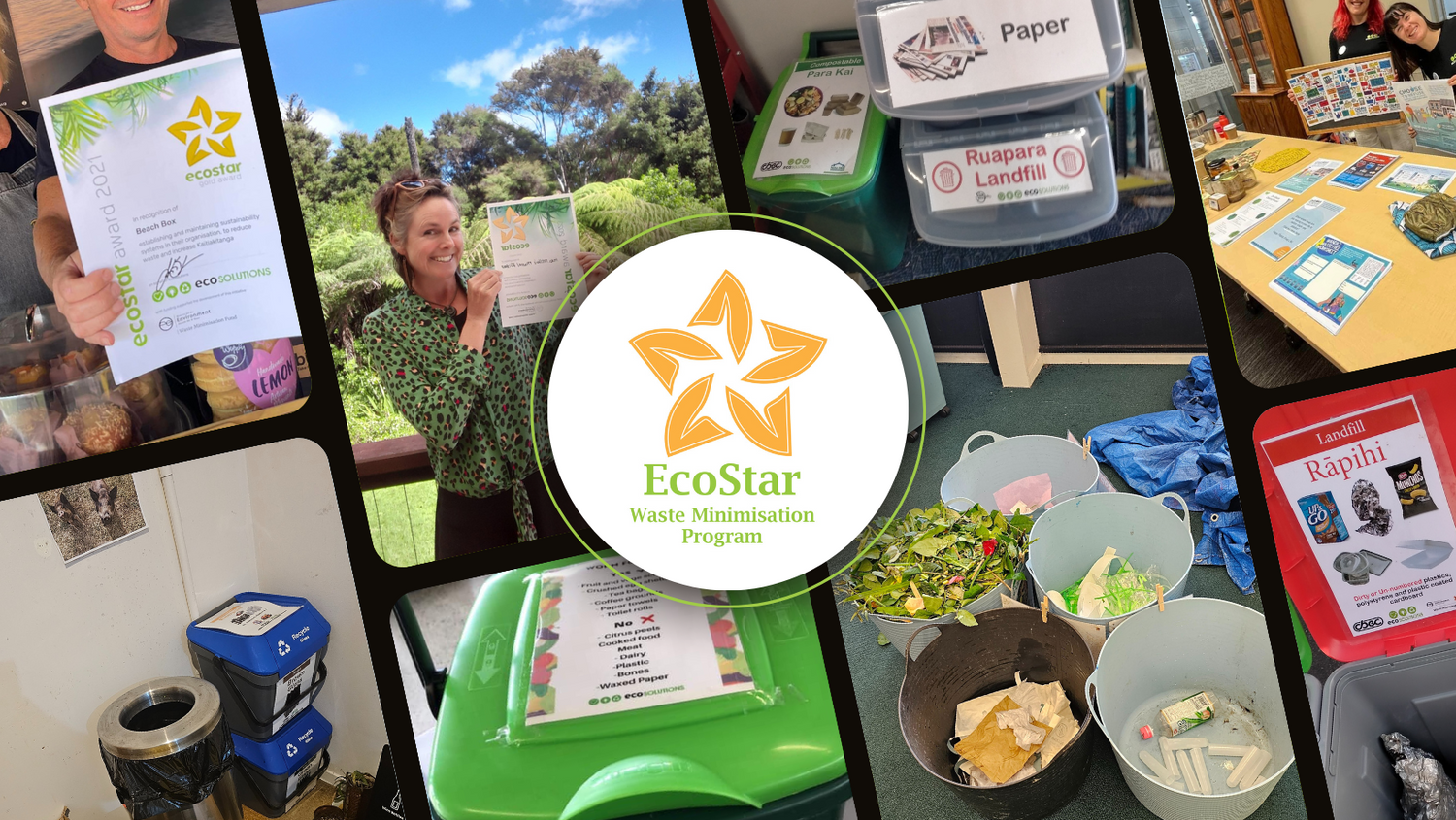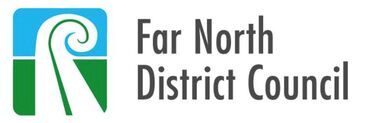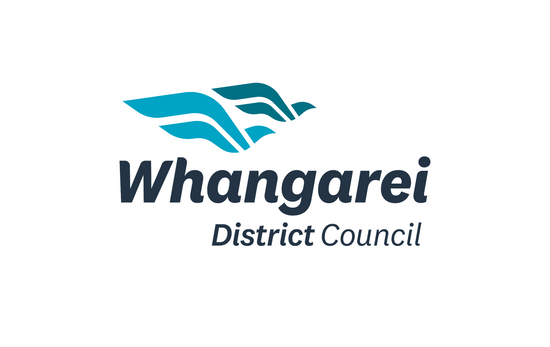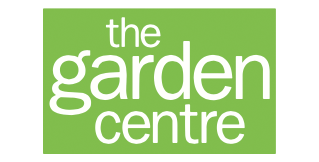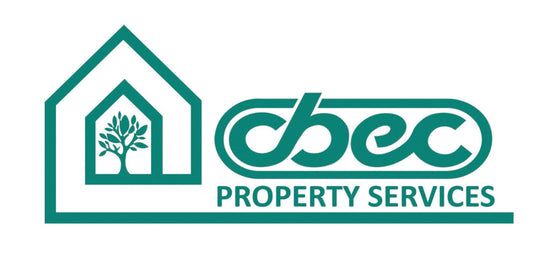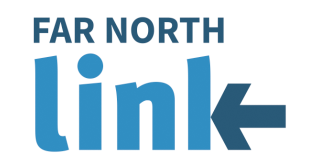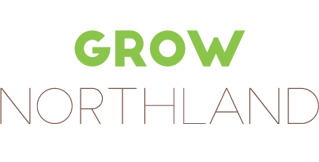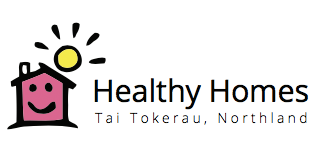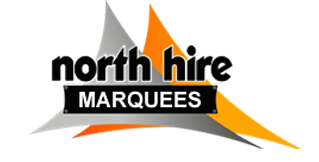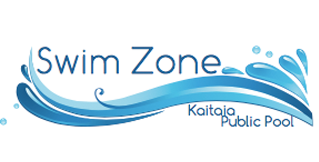About The EcoStar Programme
Promoting Kaitiakitanga
by reducing waste
The EcoStar programme supports Northland businesses to achieve their sustainability goals by working towards minimising waste. We believe that waste minimisation is a fundamental positive climate action which is measurable and achievable.
The first step is to do a full waste evaluation of your business. This includes having a look at your current system as well as having a free waste assessment of your current waste streams.
We can come in to check your systems OR you can run a self-assessment to get started.
Find the self assessment here!
We identify improvements to current systems, offer support in implementation, correct signage & tips to minimise your waste.
We offer workshops to support your journey, and will work with your waste providers in ensuring the right systems are in place.
Once systems are embedded, a second waste evaluation, together with waste minimisation strategies are used to assess your award. This evaluation also serves as a steppingstone for developing further strategies for improvement. A Bronze, Silver or Gold rating is attained.
Once a business is awarded an EcoStar award, they are asked to keep records of the business’s waste stream for twelve months. This record verifies that they continue to meet the criteria and gives a clear picture of how we can help.
- Mentoring Kaitiakitanga in Northland organisations.
- Connecting organisations with waste solutions.
- Creating easy to follow waste reduction plans.
- Offering zero waste workshops and networking events, to connect opportunities with solutions!
All you need to do is contact us and we will book you in for a waste evaluation.
The EcoStar programme is part funded by the Fndc and a fee may be applicable depending on the size of your organisation.
Frequently asked questions:
Waste minimisation can seem a bit overwhelming at times however we firmly believe that it is a journey and that every step is a step in the right direction. In order to make that step a bit easier we have highlighted some common questions below:
What can I do with my compostable waste?
At EcoSolutions we have identified that one of the largest issues for a lot of organisations is the disposal of organic waste. Organic waste consists of items such as food scraps, compostable coffee cups and paper towels. Landfilling paper emits more carbon into the atmosphere than landfilling food scraps. Northland doesn't have a centralised commercial composting facility largely because of its big landmass and low population density.
This creates different opportunities.
Check out the compost connection for a local composting hub that may help your business with your compostable waste. Alternatively you can check out sharewaste to see if there is someone locally who is keen on your compostable waste. EcoSolutions is happy to do compost workshops in the work place and install compost systems at cost.
Isn't recycling just a waste of time?
Recycling is useful as it saves resources and energy. However we first and foremost need to reduce the amount of waste that we create and we can do that by strategizing what we use. When we start choosing more durable and reusable products in which the end of life has been considered as well as eliminating single use products where possible we are working more effectively towards minimising waste.
Everything we use is made from natural resources and recycling does reduce the amount of resources we need. It is really important to note that recycling needs to be well sorted and clean in order for it to be recycled. When recycling is contaminated with old food or non- recyclable items it will get landfilled.
The zero waste hierarchy below is a useful waste minimisation tool.

Product stewardship is a policy tool that ensures that the people and organisations who make, sell, use and dispose of a product share responsibility for
- ensuring that the product is effectively reduced, reused, recycled or recovered (in that order)
- minimising the product’s impact on the environment, human health and safety.
A bottle/container deposit scheme would be one example of a product stewardship scheme. The government announced a few years ago that there are 6 priority products that will come under mandatory stewardship, there are: plastic containers, electronic waste, tyres, agricultural chemicals and their containers & refrigerants. if you'd like to learn more about product stewardship check out the NZ product stewardship website.
The tyre products stewardship scheme has now been implemented. Tyres can now be dropped off at Refuse Transfer Stations in the Mid- and Far North for free.

